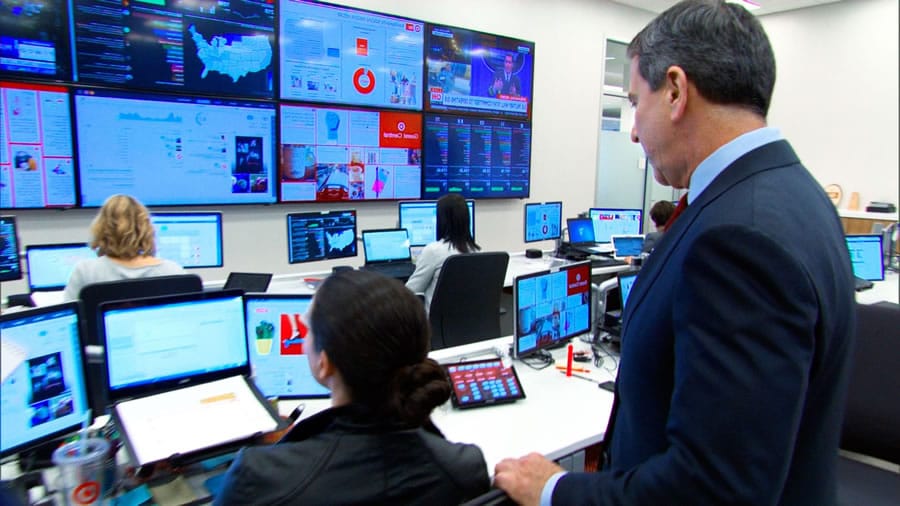
The Internet has made the world smaller essay
The Internet is the most revolutionary invention that has fully changed the contemporary world by uniting one third of the world population. The results of the studies showed that it took radio 30 years to reach an audience of 50 million people, it took television 13 years, and it took the Internet only 4 years old (Drori 299), and the number of users is growing steadily each day, involving huge social layers and expanding their opportunities to maximum. At the same time, the Internet has made the world as small as a village, where information is distributed with the speed of sound. Behind the monitor screen, a virtual reality is formed, where our opportunities are not limited by time and space, and all the participants of an interaction start realizing that they are the parts of a global, integrated system, absolutely linked to each other.
Indeed, today the Internet has unthinkably shortened geographical distances. The information revolution now breaks the barriers between peoples and countries, contributes to the erase of national borders, and destroys all the barriers to communication in various fields of science, culture and economy (Drori, Manjikian). Due to the Internet, a huge number of services have already become closer and can be performed without changing locations: one can pay utility bills, manage bank accounts, receive distance education, or monitor the business from anywhere in the world. The Internet also allows users to order any products from around the world; there’s no longer a need to walk to shops and restaurants – it is possible to choose a product online, compare prices and order delivery from the comfort of home.
The Internet is a completely new environment for most businesses. It allows companies to work quickly, without any intermediaries or expensive media channels, as well as provides them with equal opportunities all over the world, sets its own economic borders, and offers a secure exchange of information between the departments of a single enterprise and between different organizations that are geographically distant from each other. Broadening range of consumers and increasing mobility provided by the Internet enable us to take a fresh look at the existing types of services and goods. For instance, many media organizations have now settled in the Internet, as well as public TV channels and radio stations, and have instantly gained international status. The development of the Internet has not only allowed many people to get access to a huge amount of information, but also allowed transferring it to the other side of the world in a matter of seconds. Today, network users are enabled to contact any person anywhere in the world, and not only by means of e-mail, but also through live communicate.
It is obvious that the Internet greatly facilitates the current globalization processes (Drori 300, Manjikian 384). However, along with the apparent benefits the information technology revolution has already brought and with even more effects of communication optimization processes expected in the future, it brings a whole new range of problems. Among them, experts mark the digital divide between countries, regions and social layers, the issues of legal regulation of the Internet, e-commerce and taxation in this field, intellectual property issues, the issues of security and confidentiality of private information, the possibility of severe psychological impacts on individual and social consciousness aimed at imposing certain vision of common enemies, etc. (Drori 311-13, Manjikian 395-99). Due to the increasingly tighter connections between countries, the success of these problems’ solution at local levels remains to be one of the major factors which would affect the development of the global information society.
Thus, despite the fact that the benefits of the Internet are obvious to those it is available to, the gap is increasing with those parts of international community, who still have no access to communication and computer technologies, while shaping the development of information services market is truly impossible without the involvement of wider masses in proportion (Manjikian 386). In addition, the permissiveness of anonymity on the Internet gives rise to the active dissemination of obscene and illegal materials such as child pornography, materials of neo-Nazi content, gambling, promotional texts of criminal organizations, recipes for producing explosives and poisonous substances, weapons, narcotic and psychotropic substances, methods of breaking electronic and other ciphers, etc. Such phenomena are not only a threat of undermining the established standards of morality in the international scales, but also a threat of fraud and crime rates increase, as well as organizing international terrorist attacks in the network through the hidden communication channels (Drori 309; Manjikian 389-90).
On a whole, the overall development of the Internet is becoming the driving force of globalization processes and all the economic, social and technological changes in the world associated with them, and is already having a significant impact on the relationships between individuals and nations at a global level. Since the consequences of Internet technologies usage to a large extent depend on the socially accepted values and political decision-making at the international level, the cornerstone of their usage should be the moral basis and compliance with the modern needs. Only in this case such ultimate goals of building a global information society can be achieved as living standards improvement and the creation of the free environment for intellectual potential realization.

